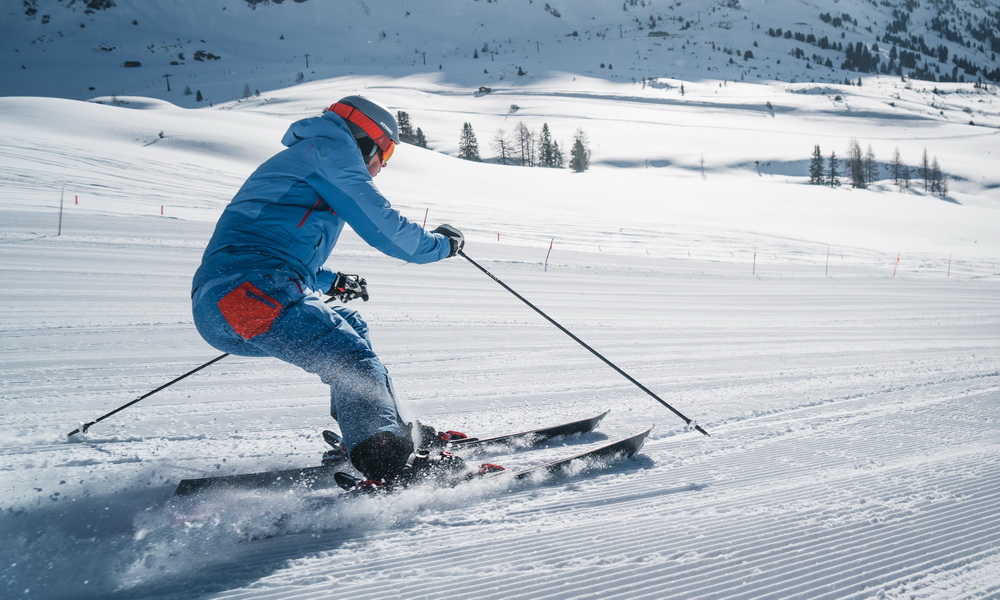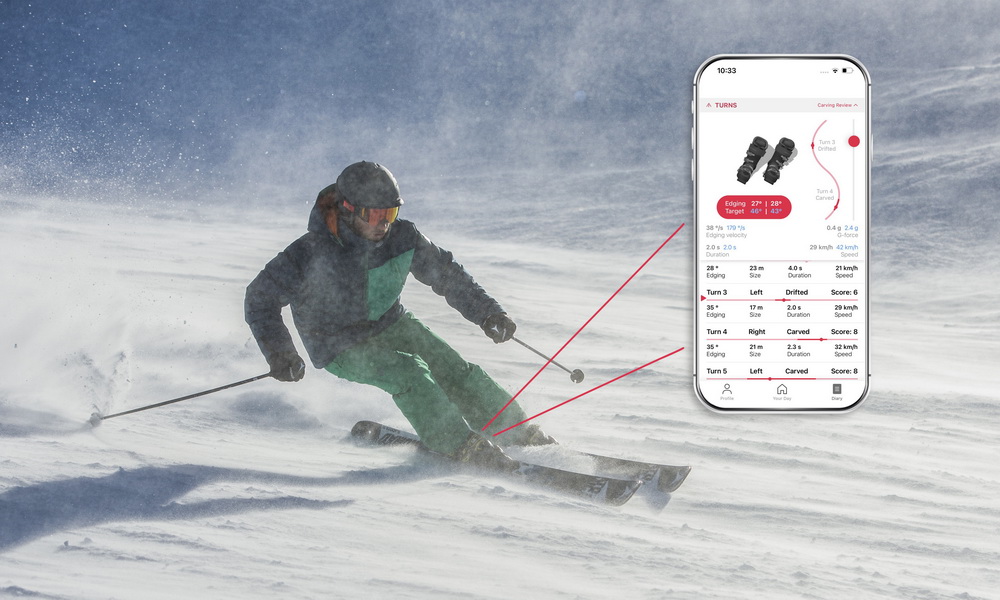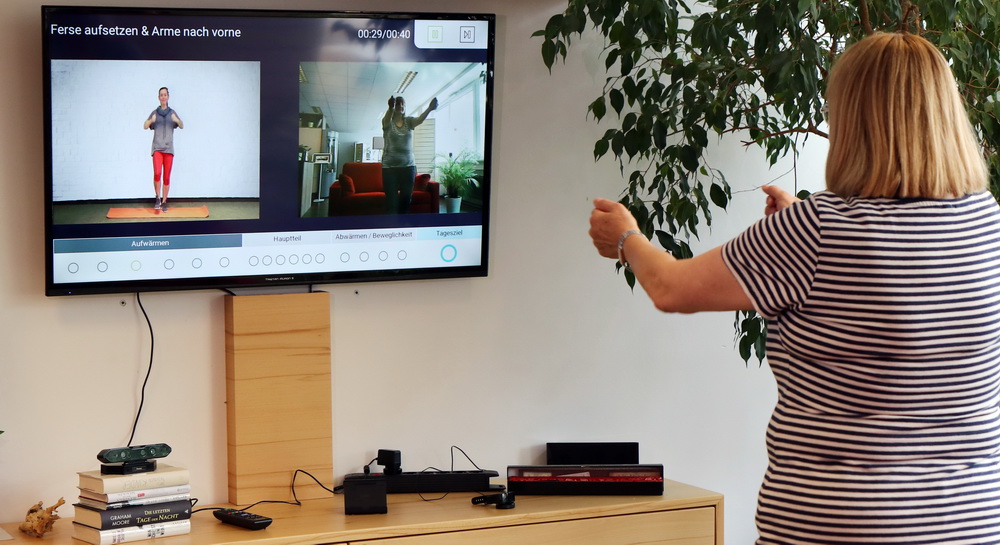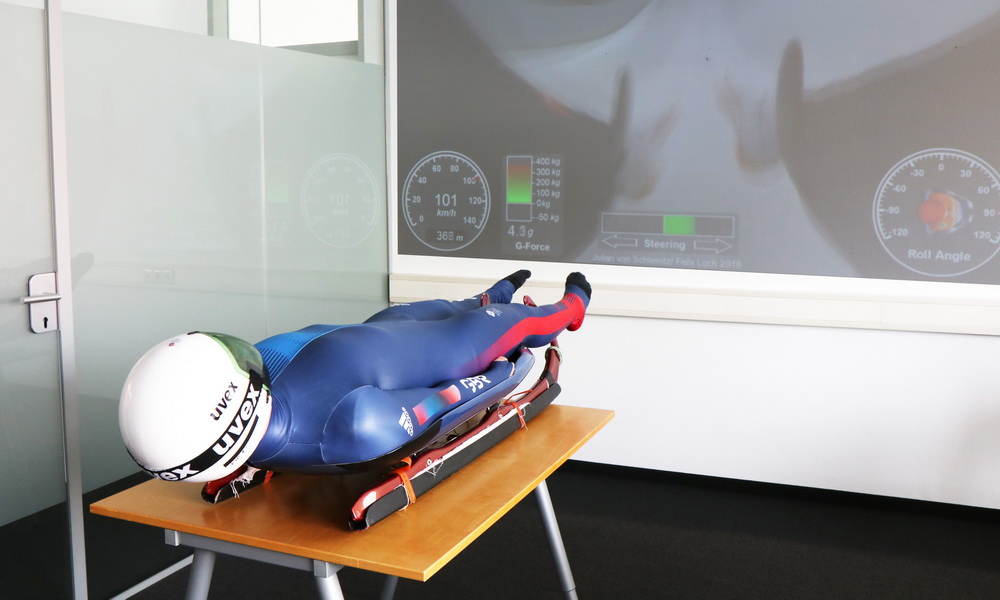
Reducing the risk of accidents: When the ski advises you to take a break
From the lab to the slopes: In Salzburg’s COMET competence centre “Digital Motion“, innovative sensor technology is being developed and tested to reduce the risk of accidents while skiing in the future. Intelligent sports equipment is to recognise the fatigue of skiers and advise them to take a break in good time.
For many people, alpine skiing is a highly attractive sport that is often only practised on a few days a year, but then for several hours. The combination of high motivation, comparatively little specific training and an intense physical and mental load can lead to fatigue not being recognised in time. However, signs of fatigue are an important reason for handling errors, the consequence of which can be falls and injuries.
Intelligent ski equipment warns in time
Salzburg Research and the University of Salzburg are therefore working together with Atomic on intelligent ski equipment to provide early warning of fatigue. In an alpine skiing study, changes in subjective, physiological and biomechanical parameters were recorded in the course of a physically demanding day of skiing in the Schladming-Dachstein ski area. The findings from the measurements in the laboratory and on the snow are used to develop algorithms for the detection of fatigue. In this way, automated feedback can be generated using training-scientific, biomechanical and sports-psychological factors coupled with know-how in sensor technology, data analysis and artificial intelligence.
The researchers at the Competence Centre are also developing novel interaction concepts for how the ski can pass on its recommendations to the skiers in real time. With innovative, scientifically tested setups of sensors, algorithms and feedback systems integrated into sports materials, ski equipment becomes “intelligent”.
The research work is financed by the participating industrial companies, the research promotion agency FFG and the province of Salzburg within the framework of the COMET competence project Digital Motion led by Salzburg Research.
Press release with details on the research work and the publication (in German):







